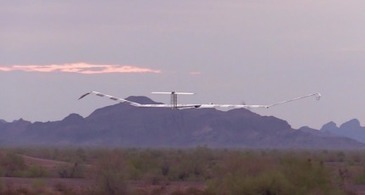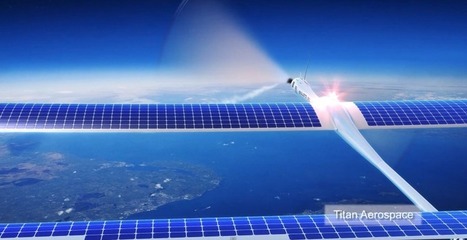Facebook last year grounded its ambitious plan to develop a solar-powered drone to beam internet across the world, but the company isn’t done with the concept, it seems. The social media giant is working with aeronautics giant Airbus to test drones in Australia, according to a new report from Germany’s NetzPolitik.
Using a request under Australia’s Freedom of Information Act, NetzPolitik got hold of a document that shows the two companies spent last year in talks over a collaboration with test flights scheduled for November and December 2018. The duo have collaborated before on communication systems for satellite drones.
Those trials — and it isn’t clear if they took place — involved the use of Airbus’ Zephyr drone, a model that is designed for “defence, humanitarian and environmental missions.” The Zephyr is much like Facebook’s now-deceased Aquila drone blueprint; it is a HAPS — “High Altitude Pseudo Satellite” — that uses solar power and can fly for “months.”



 Your new post is loading...
Your new post is loading...













Looks like Facebook favored the Model S over the Model T (even if these are not cars) #OopsIDidItAgain